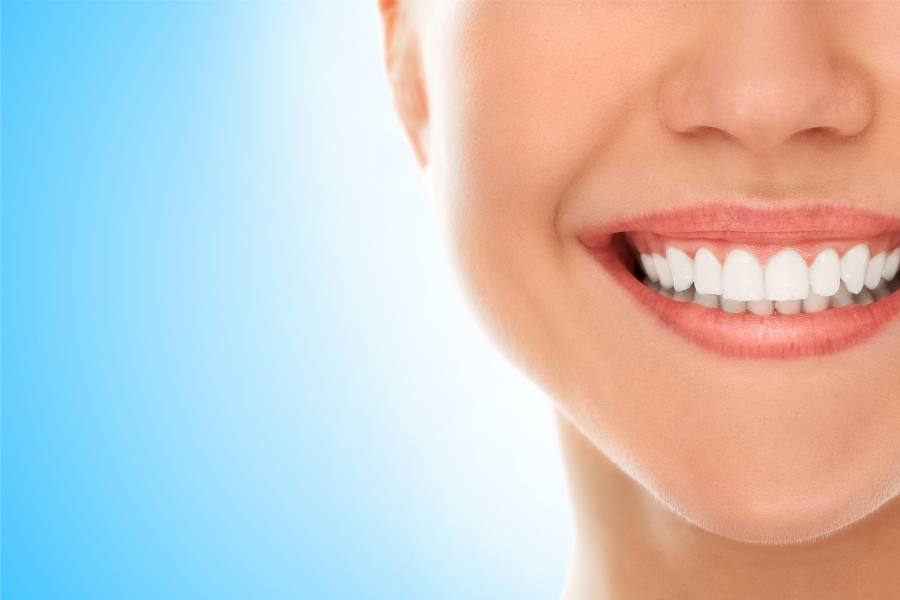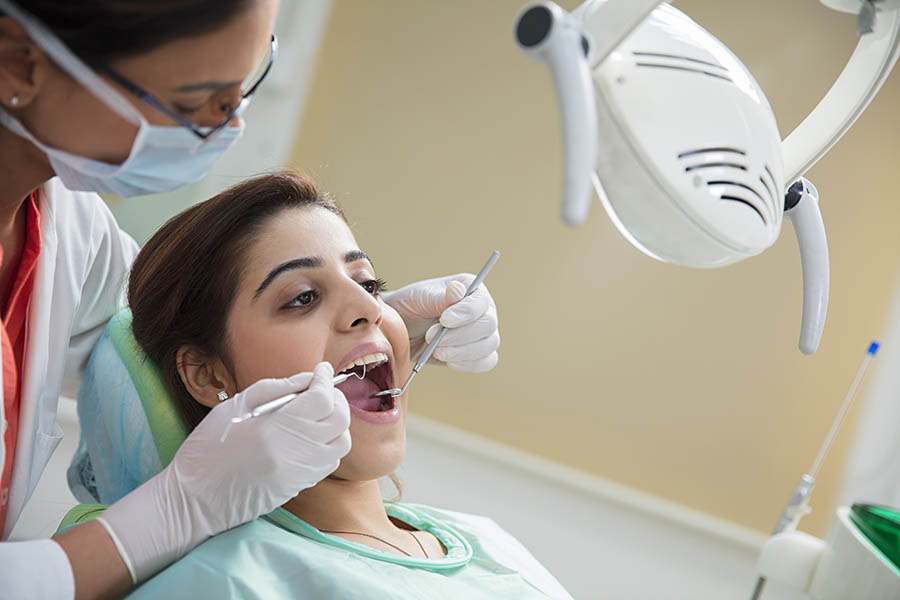Taking Care of Your Gums for a Lifetime of Healthy Teeth
June 25th, 2023

The Importance of Gum Health and the Role of Gums in Oral Health
Gums, also known as gingiva, play a vital role in maintaining optimal oral health. They serve as a protective barrier for the underlying structures of the teeth, including the tooth roots and jawbone. Understanding the importance of gum health is key to achieving and maintaining a healthy smile.
Gum Wellness Unveiled: Unveiling the Top 5 Secrets to Optimal Gum Health
- Protection and Support: Gums act as a protective layer around the teeth, shielding the delicate tooth roots and underlying bone from harmful bacteria and debris. They provide support and stability to the teeth, keeping them in their proper positions within the jaw.
- Gum Tissue Integrity: Healthy gums are firm, pink, and fit snugly around the teeth. They create a seal that prevents bacteria from entering the underlying structures. When gums are compromised, such as in gum disease, they may become inflamed, swollen, and prone to bleeding. This compromises the integrity of the gum tissue and exposes the teeth to the risk of infection and tooth loss.
- Gingival Attachment: Gums attach to the tooth surfaces through a specialized structure called the gingival attachment. This attachment forms a tight seal that prevents bacteria from reaching the underlying tooth roots and bone. When gum health is compromised, the gingival attachment weakens, leading to gum recession and increased susceptibility to dental problems.
- Prevention of Gum Disease: Maintaining healthy gums is crucial for preventing gum disease, also known as periodontal disease. Gum disease is an inflammatory condition caused by the accumulation of plaque and bacteria along the gumline. If left untreated, it can progress from gingivitis (mild inflammation) to periodontitis (severe gum and bone damage), leading to tooth loss.
- Systemic Health Connections: Research has shown a strong correlation between gum health and systemic health conditions. Poor gum health has been linked to an increased risk of cardiovascular disease, diabetes, respiratory infections, and adverse pregnancy outcomes. By maintaining healthy gums, you can potentially reduce the risk of developing these systemic conditions and improve your overall well-being.
Common Gum Problems: Understanding and Addressing Gum Health Issues
Gum problems can occur due to various factors, affecting people of all ages. Maintaining healthy gums is vital for oral health and can prevent more severe conditions.
- Gingivitis: Gingivitis is the early stage of gum disease characterized by inflamed and bleeding gums. It is primarily caused by poor oral hygiene, allowing bacteria to accumulate and form plaque on the gum line. Regular brushing, flossing, and professional cleanings can help prevent and reverse gingivitis.
- Periodontitis: Untreated gingivitis can progress to periodontitis, a more severe form of gum disease. It involves inflammation and infection of the gums, causing them to recede from the teeth and form pockets. Without timely intervention, periodontitis can lead to tooth loss and affect overall oral health.
- Gum Recession: Gum recession refers to the gradual exposure of the tooth roots due to the shrinking or pulling back of the gum tissue. It can be caused by factors such as aggressive brushing, gum disease, hormonal changes, or genetics. Receding gums can make teeth sensitive, increase the risk of decay, and impact the aesthetics of your smile.
- Gum Infections: Infections in the gums can occur due to the buildup of bacteria and plaque. They can manifest as gum abscesses or localized infections, causing pain, swelling, and tenderness. Prompt dental treatment is necessary to prevent the spread of infection and preserve gum health.
- Gum Sensitivity: Many individuals experience gum sensitivity, which can be caused by various factors such as brushing too hard, using a toothbrush with stiff bristles, gum disease, or certain dental procedures. Sensitivity can cause discomfort while eating, drinking, or brushing and may require adjustments in oral hygiene practices or professional intervention.
Professional Gum Care and Additional Gum Care Strategies
- Professional Gum Care: Regular dental visits for professional gum care are vital. Dentists and dental hygienists can perform deep cleanings, known as scaling and root planning, to remove plaque and tartar buildup from below the gum line. They can also assess your gum health, identify early signs of gum disease, and provide appropriate treatment.
- Proper Brushing Technique: Brushing your teeth effectively is crucial for gum health. Use a soft-bristled toothbrush and angle it towards the gum line. Brush gently in a circular motion to clean both the teeth and gums. Avoid aggressive brushing, as it can damage the gums and lead to gum recession.
- Flossing: Regular flossing is essential for removing plaque and debris from between the teeth and along the gumline. Be gentle when flossing to avoid injuring the gums. If traditional floss is challenging to use, consider using floss picks, interdental brushes, or water flossers as alternative options.
- Antimicrobial Mouthwash: Incorporating an antimicrobial mouthwash into your oral hygiene routine can help control bacterial growth and reduce plaque formation. Look for a mouthwash that specifically targets gum health and follow the instructions for proper use.
- Healthy Lifestyle Choices: Your overall health can impact your gum health. Maintain a balanced diet, rich in vitamins and minerals, to support gum health. Avoid tobacco products, as smoking and chewing tobacco can increase the risk of gum disease. Additionally, manage stress levels, as stress can affect oral health.
- Address Teeth Grinding: Teeth grinding or clenching, known as bruxism, can put excessive pressure on the gums and teeth, leading to gum problems. If you suspect you grind your teeth, discuss it with your dentist, who may recommend a mouthguard or other treatment options to protect your gums and teeth.
Marina Side Dental Clinic is a leading dental practice located in the heart of
Vancouver. With a dedicated team of experienced professionals, we are committed to
providing exceptional gum care and overall oral health services to our patients. Our
clinic offers various treatments and procedures to maintain healthy gums, prevent gum
disease, and address gum-related concerns. We prioritize patient comfort and strive to
create a welcoming and relaxing environment for every visit. At Marina Side Dental
Clinic, we believe that healthy gums are the foundation of a beautiful smile, and we are
here to support you on your journey to optimal gum health. Schedule an appointment today and experience the highest quality dental care
in Yaletown, Vancouver.



